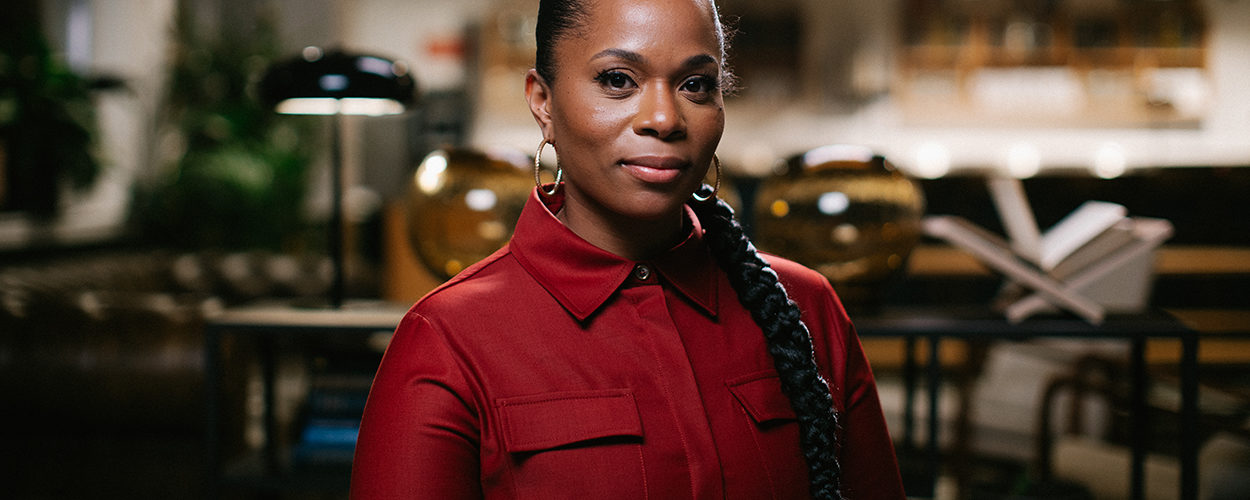This website uses cookies so that we can provide you with the best user experience possible. Cookie information is stored in your browser and performs functions such as recognising you when you return to our website and helping our team to understand which sections of the website you find most interesting and useful.
Business News Industry People
Black Lives In Music announces plans for music industry anti-racism code of conduct
By Andy Malt | Published on Thursday 27 October 2022

Black Lives In Music has announced plans to launch an Anti-Racism Code Of Conduct for the music industry next year, in a bid to “raise standards and tackle discrimination”.
The code has been created based on the findings of the organisation’s ‘Being Black In The UK Music Industry’ report, which was published last year. It was announced as BLIM Chief Executive Charisse Beaumont gave evidence yesterday as part of an inquiry into misogyny in music, which has been launched by the UK Parliament’s Women And Equalities Committee.
Speaking about the survey results that were laid out in that 2021 report, Beaumont told MPs: “Out of about 900 women, 70% felt that they needed to change something about themselves to assimilate and be accepted into the music industry, and 43% of black women had changed something about themselves to be more accepted. One of the comments we received was, ‘I wanted to change my name and lighten my skin to be more appealing, to be accepted and fit in and have more opportunities’”.
“Black women are discriminated against twice”, she continued. “Number one, they’re females, number two, they’re black. That has an effect in terms of their pay – black women are paid less, 17% less than black men, 25% less than white women, and 52% less than white men in the industry”.
She added that women across the board currently face barriers to progression in the industry, explaining: “There is a low level of female participation. If we’re looking at producers, only 2.6% of producers are female. Female producers struggle to find their way to make it in the industry. They study it, they understand it, they are qualified, yet they can’t seem to get into the room because of that white male gaze, because they’re seen as not technical”.
She then outlined further barriers faced by black women, saying: “Barriers to progression could look like racial comments and racial microaggressions. 80% of black women have experienced racial microaggressions, and 77% of black women that we surveyed have experienced indirect racism”.
As for ways to address these issues, she continued: “The music industry is like the Wild West. There is no central place to report bad behaviour. There could be more signposting, more obvious ways of showing that there’s going to be a consequence to the perpetrator and that you’re going to be protected and safe”.
Speaking about the plans for the code of conduct – and the impact it could have – she explained: “We have an Anti-Racism Code Of Conduct that has been developed very closely with the film, TV and music industries and theatre sector”. By the industry embracing the code, she said, it will be easier “to investigate the most serious and complex cases of bullying and harassment, as well as advocate for positive culture and discrimination”.
The code has the support of the in development Independent Standards Authority, a new organisation which is aiming to “provide accountability and advice to the creative industries to improve standards of behaviour and the overall lived experience for the UK’s talented workforce”.
Expanding on the role the code and the wider ISA can play in bringing about change, Beaumont added: “There are pockets of support, but if you’re looking for help, where do you go? That’s why it’s really important to have that overarching, strong messaging of consequence, of protection; that you do not have to have fear of retaliation. And I think that can be found with the ISA”.
The code of conduct is set to be launched in the spring next year, with hopes of widespread adoption across the music industry.





